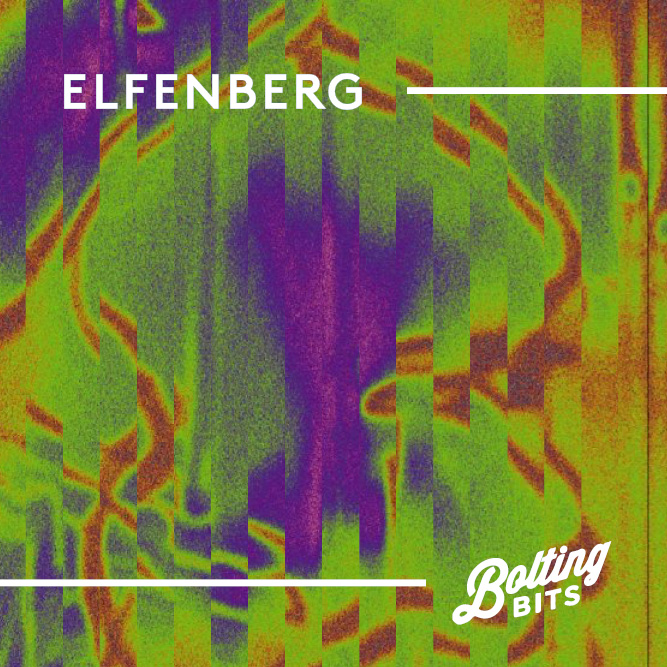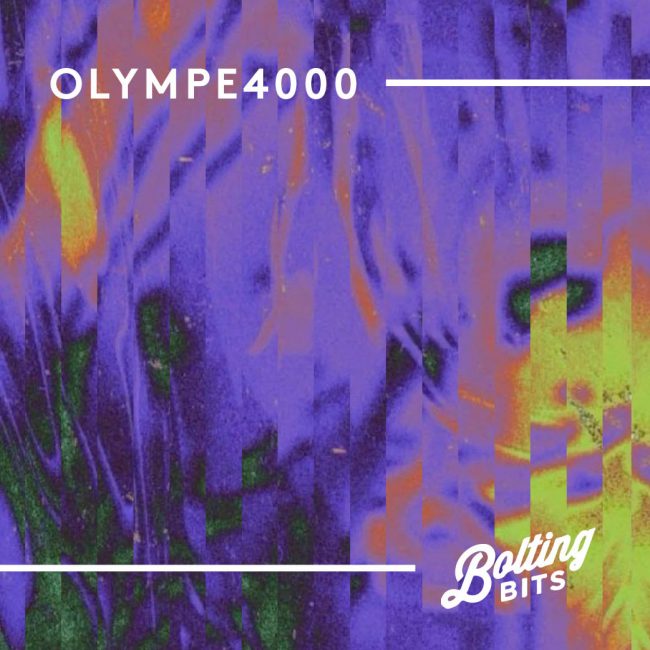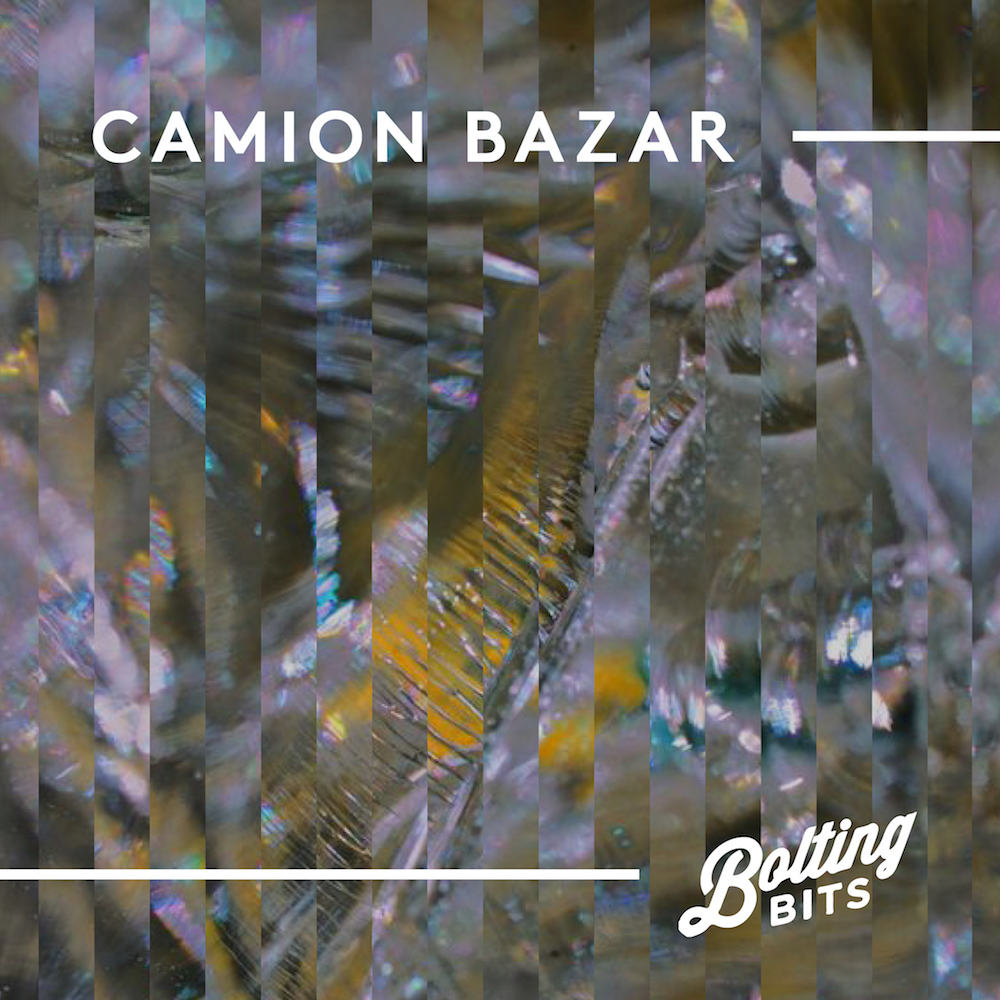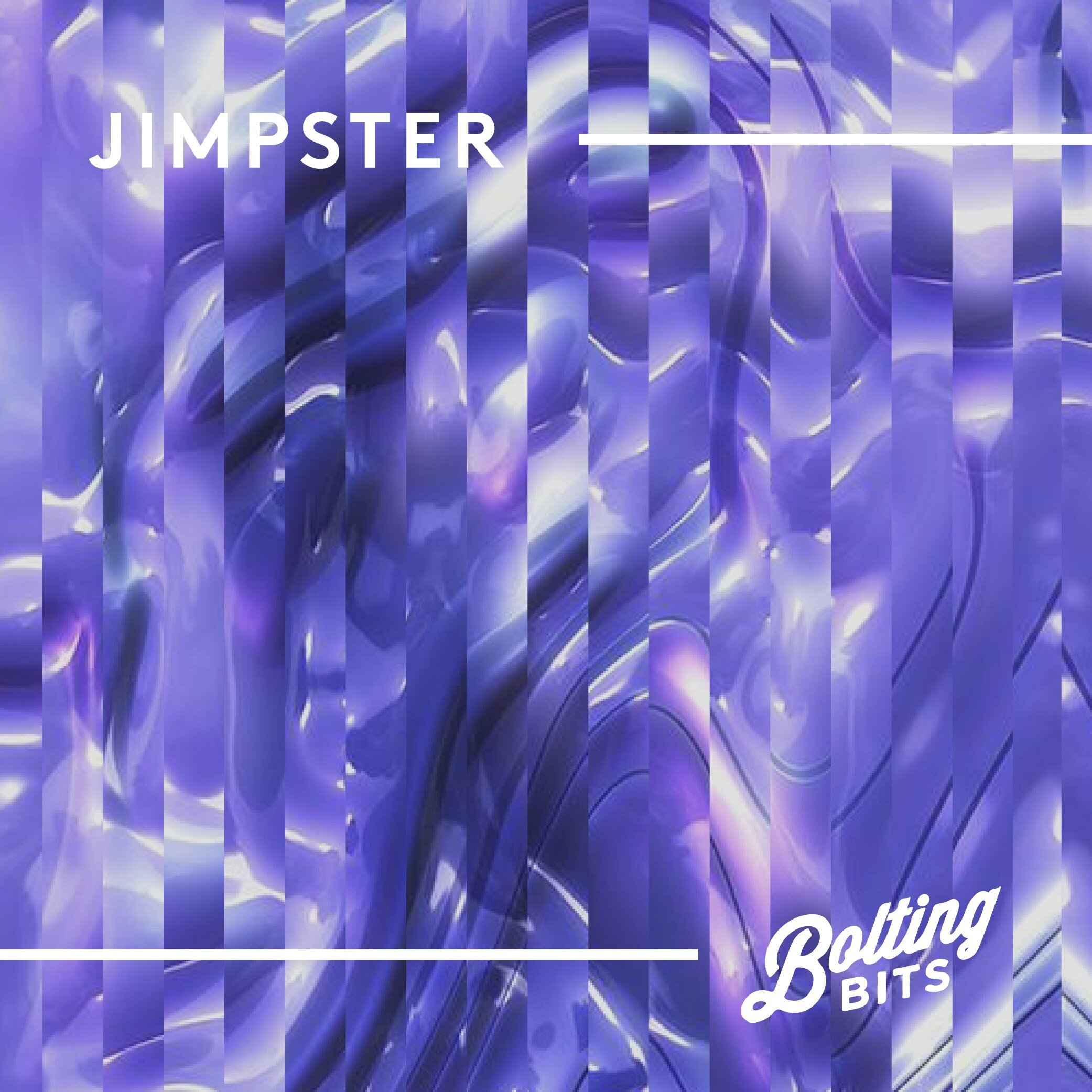
Jimpster (Jamie Odell) is one of the most renowned DJ’s in the world of house music, and his name has been synonymous with the scene since the 90’s. Over his career, Jimpster leveraged his musical-upbringing to craft remarkably tasteful productions, ranging from deep house, chilled-out downtempo and acid jazz. Jimpster’s catalogue features an impressive seven albums and countless EP’s, managing to never sacrificing quality which signals a creative output that is a pipe dream for most artists. When he isn’t behind the decks or in the studio, Jimpster is busy running his two record labels, Delusions of Grandeur and Freerange Records.
INTERVIEW
“As we touched a bit on my early influences in the interview I thought it’d be good to revisit some of my favourite early 90’s techno/electro/IDM for an all vinyl mix. The kind of tracks you might have heard played by Colin Dale and Colin Faver back in the day, and perfect for a late night/early morning drive home from Moondance or Elevation as the sun rises. Enjoy!” Jamie.
Sun Electric – O’Locco (Hyperfloral Mix) (R&S)
Miami – Trust City (Warp)
Intelligent Communication – Open Loop (Jumping’ & Pumpin’)
HMC – Science Function (Beechwood)
As One – Passion (ART)
Speedy J – Beam Me Up (Warp)
Redcell – Paradroid (B12)
3MB feat Juan Atkins – Die Kosmischen Kuriere (Tresor)
The Future Sound Of London – Stolen Documents (Jumping’ & Pumpin’)
Stasis – Mnemic Image (Peacefrog)
Fugue – Contrapoint (Likemind)
Mental Overdrive – New World (TOS Mix) (R&S)
Sinewave – Lifeline (Chill)
Dark Comedy – Corbomite Manoeuvre (Buzz)
Riuichi Sakamoto – Riot In Lagos – Island
Stasis – Funky Purple Hotpants – B12
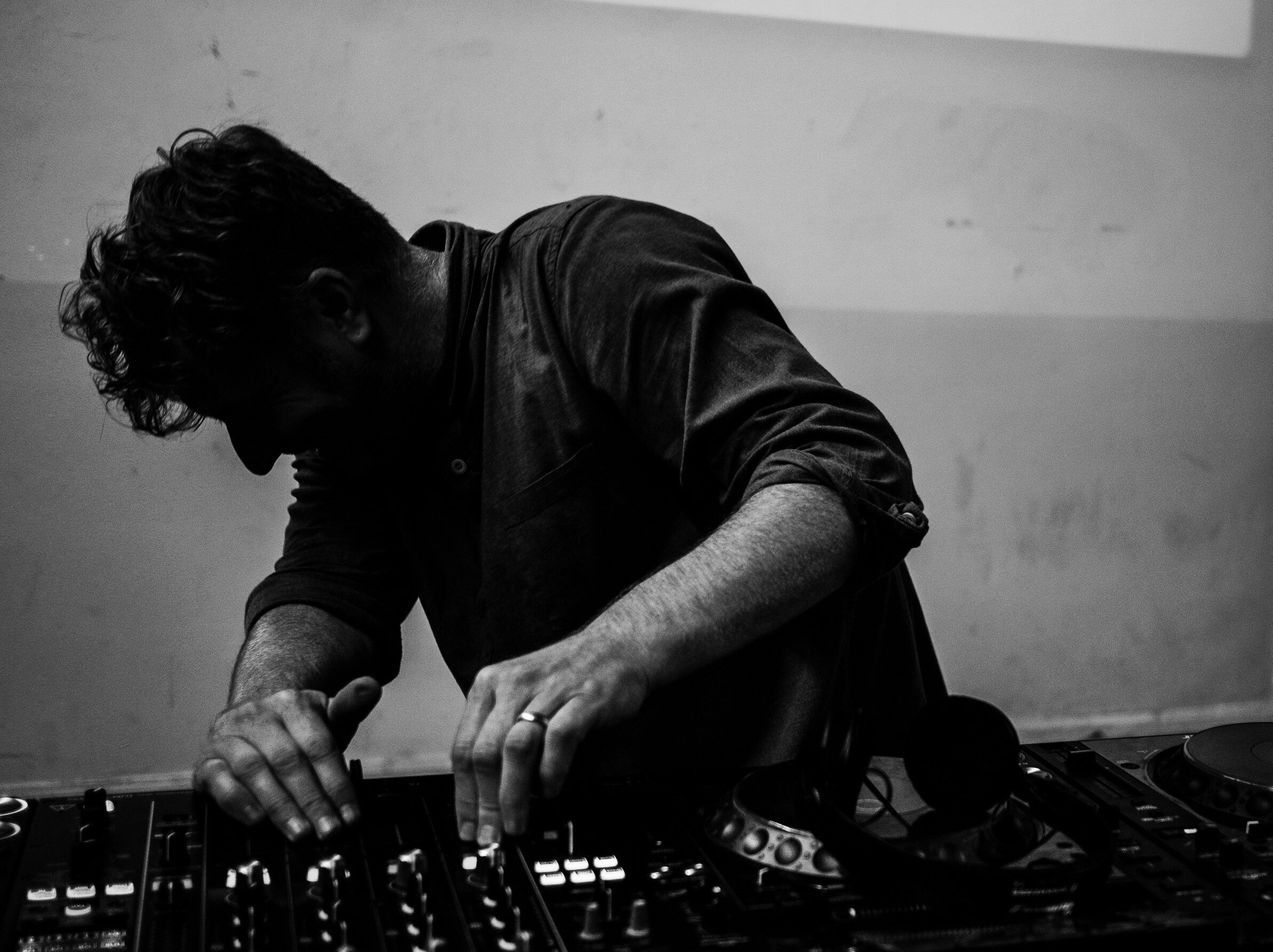
There is a lot of nostalgia centred around the early days of rave, as someone who experienced the fruition of that culture, what was that like?
Well it was pretty much everything to me and it probably isn’t an exaggeration to say it shaped my whole life and continues to impact me in ways I never even think about. I think I was at a good age to experience it too. Just about old enough to be able to get into events, but young enough to be open to all the different music I was hearing without the blinkers or snobbery that sometimes develops as you get a bit older. One of the most exciting things would be the mission to track down music that you might have heard being played at the weekend. Without Shazam, Spotify, Google etc you were on a wild goose chase searching radio shows, record shops and fanzines with only a half memory of a particular stab or breakdown in your head to go by. When you finally managed to track it down it was like winning hitting the jackpot.
You were quick to adapt to live-streaming from home when live music grinded to a halt, broadcasting your weekly Sofa Sessions show. What are your thoughts on streaming as an alternative to connect with your audience?
The livestream just felt like a natural thing to do at the time of lockdown. I’d never done one before and not really watched any other DJ’s doing them but I thought I’d give it a go and was surprised at the reaction. A lot of people tuned in and although it was chaotic with my kids tripping over cables, not really having the right gear and just generally being a bit of a shambles, people loved the music and it was probably a bit of an antidote to what a lot of DJ’s were doing with quality production and trying to recreate a club atmosphere with FX and lighting and stuff. Over the weeks it became a bit of a social with my friends, family and followers all connecting with each other and it was certainly as close as you could get to a club experience, or at least a drink in the pub with your mates, without leaving home. I tried to focus mainly on vinyl for the streams so it was really good for me to rediscover my collection and even ended up doing some themed shows like 90’s DnB, Masters At Work and vocals which went down well. I also did some new music shows playing only upfront releases and exclusives so doing the show was a good excuse to keep checking promos and staying up to date and therefore helping to keep the scene bubbling during lockdown. Obviously the copyright takedowns were stressful and frustrating but overall I found it a really positive thing to do and will continue doing them from time to time.
Has the lockdown allowed you to focus more on your production and writing?
Yeah, I’ve been spending a bit more time than usual on music since not travelling at weekends, but probably not as much as I’d hoped due to the kids being off school, trying and failing to home school them and just being generally a bit more stressed and anxious. At the start of lockdown I used a bit of time to get some of my gear serviced and fixed and also had a proper sort out of my studio. I took a few remixes on and also made good progress on a new Jimpster LP and not feeling beaten up and worn out every Monday morning is a revelation!
In 1994, you released a record under the pseudonym Loxodrome. You have said that this record helped bridge the gap between earlier projects and Jimpster. Could you speak on that transition?
In the early 90’s it was all about the rave. The music I was listening to was very cut and paste, DIY, instant gratification, big breakbeats and even bigger breakdowns. High energy but usually at the expense of subtlety and detail. As so called IDM came along I loved the fact that we now had electronic music which was being made as much for headphones and home listening as it was for the the club. Warp’s Artificial Intelligence series of artist LP’s were game changers for me as well as B12, ART, Irdial and Likemind. This deeper, more harmonically and melodically rich music definitely influenced me on the Loxodrome release and was a stepping stone to when we started Freerange with my first Jimpster releases in 1996. There’s still some pretty crude sampling going on in there which got a little more refined by the time of the Jimpster EP’s but the synth programming and even the beats are a bit step on from my very first Flag releases. It was great to see the Loxodrome becoming quite sought after a couple of years ago and it’s still changing hands on Discogs for £50 and upwards. Your question inspired me to focus on some of the music I was enjoying around this time for a vinyl-only mix of late-night house and melodic techno.
Listening through your immense and diverse catalogue, I’ve noticed a bit of a contrast between your albums and EP’s. How does your creative approach differ when working on one versus the other?
I’m quite old school with my approach to EP’s versus LP’s and like to think that people will still listen to an LP as a whole from start to finish like we did in the good old days, rather than flicking through for an instant fix. Actually, with the advent of streaming I think we’ve seen a bit of a return to this, albeit with decreased attention spans, but it’s still important for me to see them as different entities. I like the fact that restrictions are lifted a bit when thinking about an LP track, you have some more room to explore and experiment and I feel I can be a little more musical and not so minimal as what I find works better for EP’s releases which tend to focus on the dance floor.
Your career has brought you to nearly every corner of the globe, encompassing six continents and plenty of interesting locations. Which cities in the world have surprised you the most and made lasting impressions?
It’s such a privilege to be able to travel for your work and I try not to take it for granted and take in some of the place that I’m visiting, although with family at home it is normally pretty much in and out for the event. In terms of cities, it’s the same as most DJ’s I guess…. Tokyo for the sheer scale, the craziness, the food, people, the quality of the clubs. It’s always just such a lovely experience to travel around Japan. Then in New York you just have this sense of being in the most iconic city of all, driving around feels like you’re starring in your own movie as you’re so familiar with the scenery and landmarks. Johannesburg is also a firm favourite due to the warmth and passion of the people who follow deep house, and as you know, there are a lot of them as deep house is a big scene in South Africa and has been for many years.
After so many years behind the decks, and an eclectic range of taste in music, what have you learned is the key to reading the mood of a party or dance floor? Can you share any advice for younger DJ’s in that regard?
I think a little research on the club and the other DJ’s playing the night goes a long way. I always try and have an bit of an idea in my head what kind of direction I’ll head in before I arrive at the event depending on the location, age of the crowd, set time, set length, knowledge of the music…. A lot of this will probably be subconsciously in my head already but I also plan for things to be turned on their head completely and for a party to be the opposite of what I expect. So be prepared for every eventuality. Luckily, digital DJing enables you to be particularly flexible so don’t be phased if you need to change direction completely once you arrive. I try and make sure I have plenty of tracks which are more like tools that I can use to help transition to deeper sounds if the DJ before me is playing tougher or faster than I would normally. And then don’t be afraid to trust and follow your instincts.
How do you get most of your inspiration for writing music? Walk us through your creative process.
I love the process of sample-hunting, going through my vinyl collection and finding little drum hits or chord stabs from old jazz, weird electronic or soundtrack LP’s and re-contextualising them and making new grooves with these sampled sounds. I’ve always found that having a good idea of what I’m trying to achieve and where the release will be ending up helps me remain focussed on the process rather than just having a blank canvas and producing with no clear idea of where you’re headed. I like remixing because in many ways it combines my skills as a label A&R and producer, being able to tweak and mould something in my own way but with quite a specific set of parameters. I’m like many other producers out there who find it quite difficult sometimes to know when an original track is finished, often tweaking away for way too long, so self-imposed deadlines are important for me to be able to get tracks over the finish line.
Describe the difference in creative direction between your two labels, Delusions of Grandeur, and Freerange Records.
I consider Freerange to be releasing an interpretation of classic, deep house through a UK-centric lens. We aim to be as eclectic as possible within these confines, sometimes more soulful, sometimes more jacking peaktime and sometimes with an Afro or minimal electronic spin. Delusions Of Grandeur we see as a little more loose, organic, abstract, raw, dusty and disco-influenced.
Tell us about your lengthy relationship with Tom Roberts, whom you run your labels with.
Tom is the rock to which I cling to and without whom there would most certainly be no Freerange or Delusions Of Grandeur. We became friends at school around 1985 with a shared love of alternative music and a similar sense of humour. In the late 80’s he started working at our local record shop and would be ordering in a lot of the tunes we were hearing on Colin Dale and Colin Favour’s shows on KissFM and in the clubs at the time and he also organised a couple of small parties which would be my first ever DJ gigs. We had often discussed the idea of running a record label but never really knew where to start so it wasn’t until 1996 that we finally got Freerange up and running, releasing my debut Jimpster EP with a loan of £1000 from my mother-in-law.
What’s up next for Jimpster and your record labels?
Keep your eyes peeled for Jimpster remixes of Sunburst Band on Z Records, Baimia for Razor n Tape and Manabu Nagayama & Soichi Terada for Unknown Seasons. I’m just finishing off a new Franc Spangler EP for Delusions Of Grandeur and hopefully the Jimpster LP will be ready before summer next year. I continue to play weekly Friday’s and Saturday’s at my wife’s restaurant and bar called Acanteen in Essex which is great fun and we now get a really musically-minded crowd enjoying great food, drink and tunes for our socially distanced socials.

